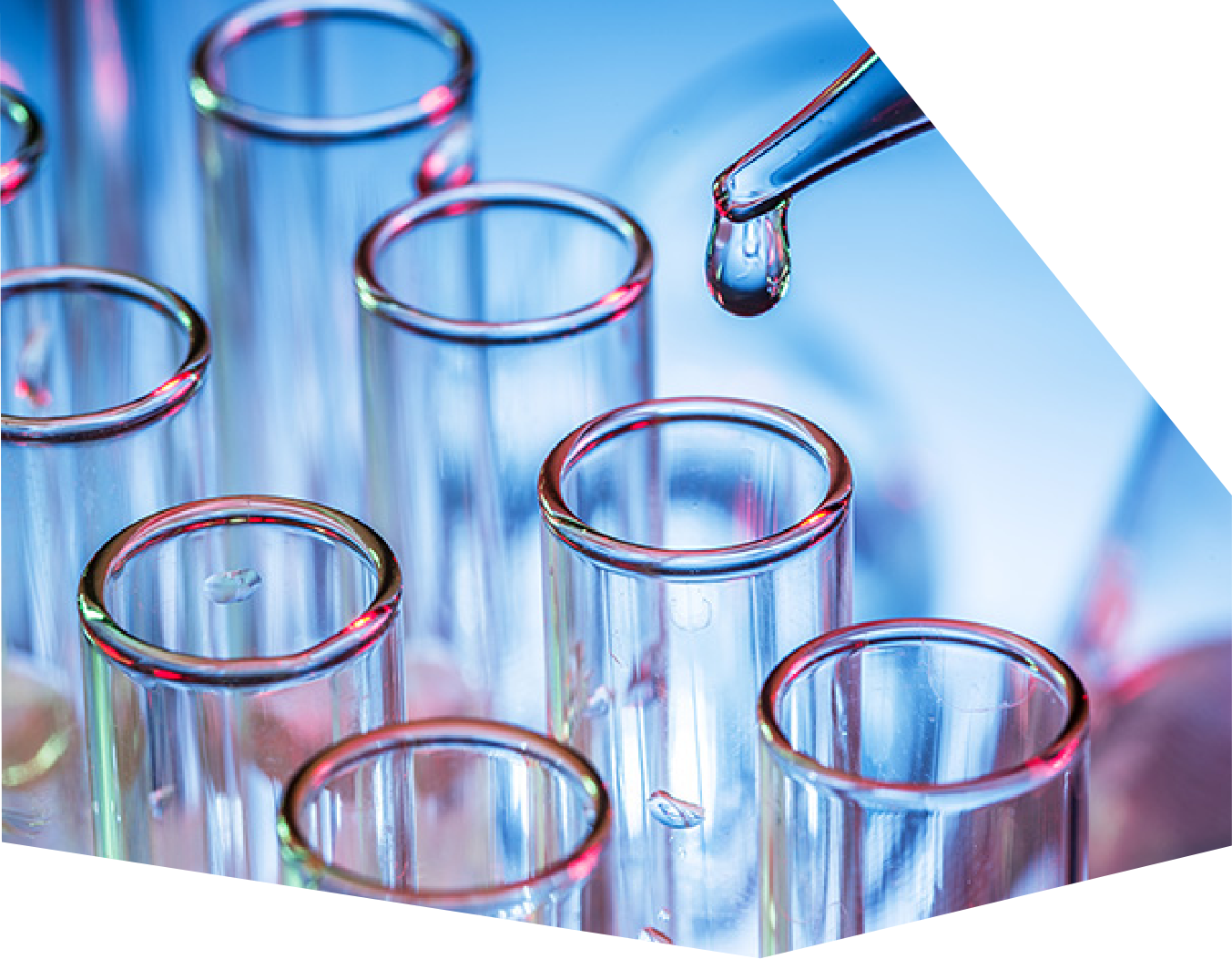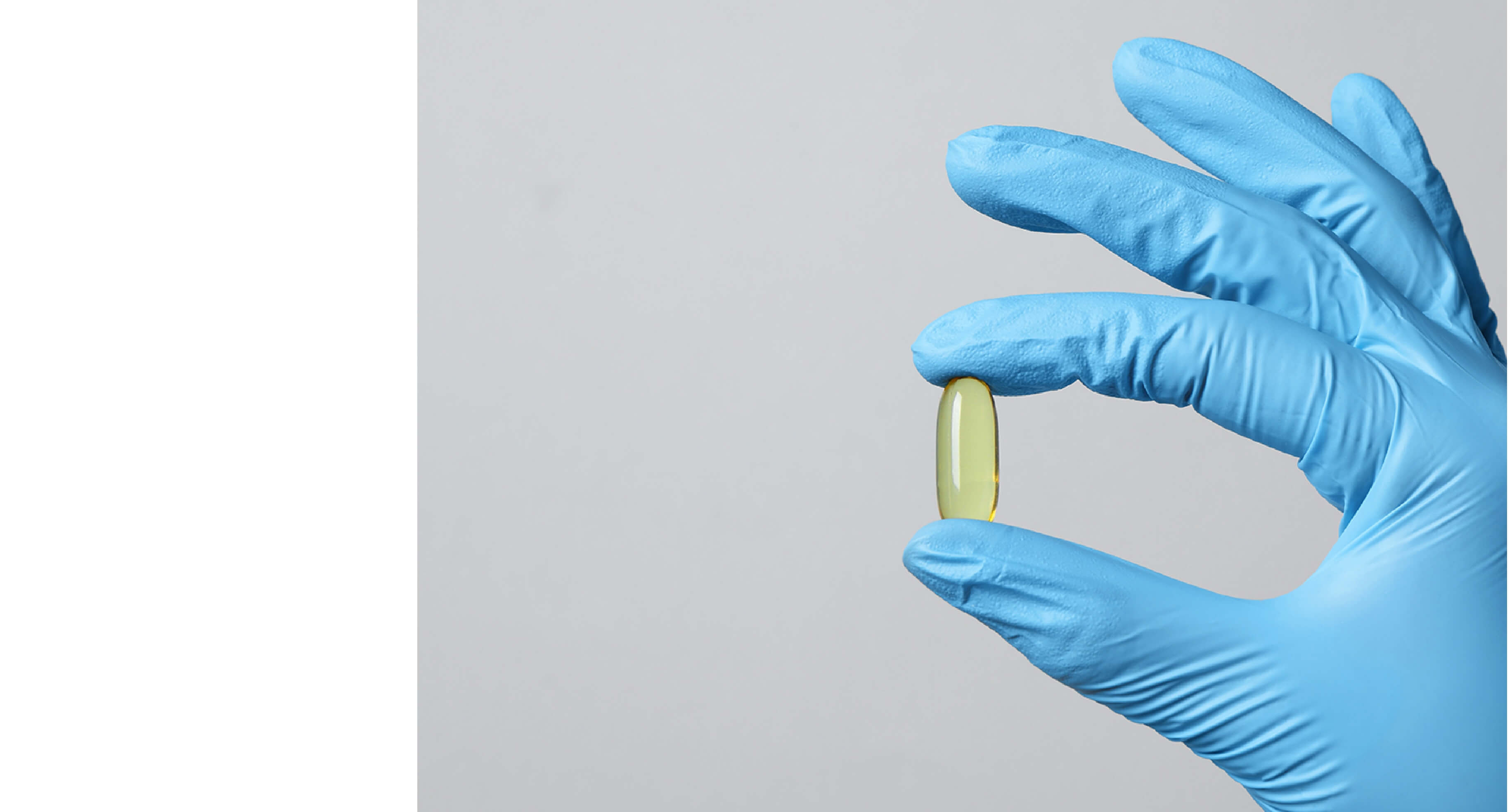Our Research and Development activities are focused on applied research and/or experimental development. They enable us to bring to market a range of pharmaceutical products aimed at treating the most relevant conditions affecting society, such as cardiovascular and metabolic diseases, nervous system disorders, and infectious diseases.
To this end, we rely on the areas of pharmaceutical chemistry, pharmaceutical development, cell culture, and clinical research to advance our Research and Development programmes and projects.
We have an experienced team with training in the areas of medicine, pharmacology, biology, biotechnology, microbiology, biochemistry, chemistry, and engineering for the design, implementation, and management of Research and Development activities.


Our Pipeline
DOWNLOAD PDF- In development: 35
- Bioavailability/ Bioequivalence: 2
- Concluded: 81
- CNS: 4
- Cardiovascular: 3
- Dyslipidemia: 4
- Diabetes: 2
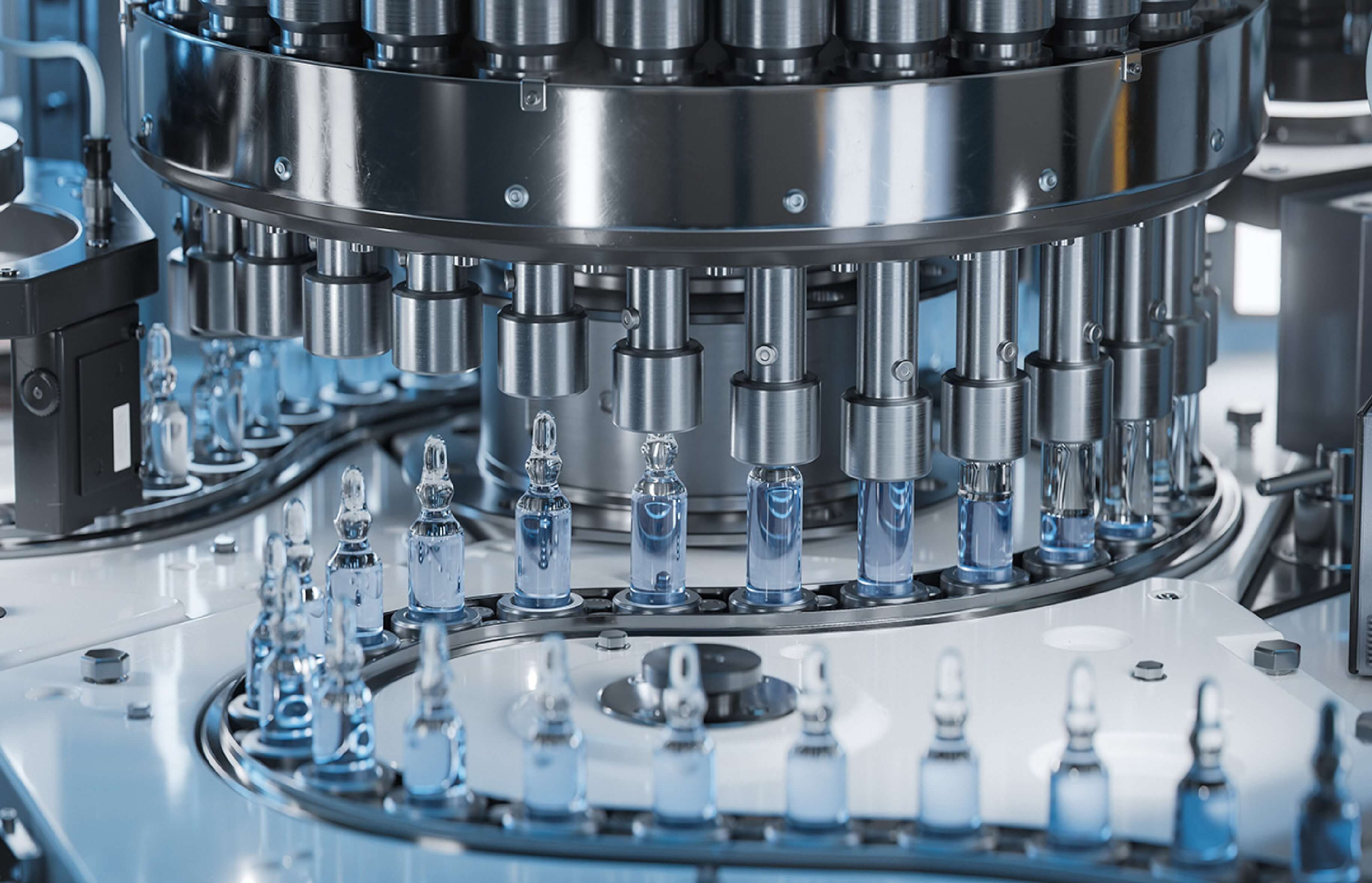
In our Research & Development Unit, besides the more common technologies that we have in place to develop high-quality pharmaceutical products, we also have available a set of highly valuable technologies to overcome drug solubility and bioavailability problems and for the development of specific pharmaceutical dosage forms.
A technology with multiple applications plays an important role in particle engineering to increase drug solubility and consequently its bioavailability, being used in the development of oral solid dosage forms and other complex formulations.
A technology also used for solubility and bioavailability enhancement of BCS class 2 and 4 drugs. This technology has multiple applications, being used in the development of IR and XR oral solid dosage forms and more complex formulations.
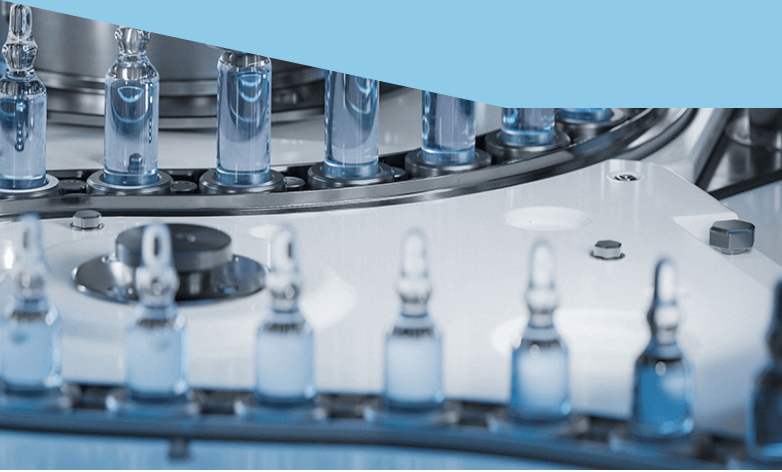
Featured projects
Tecnimede Group researches and develops its own fixed combinations with the purpose of developing new drugs that contribute to improving the health and quality of life of people. The combination of active substances within a single pharmaceutical formulation may present several advantages, including, among others, the improvement of therapeutic compliance or the enhancement of the therapeutic effect resulting from the combination of the drugs.
Generic drugs are drugs with the same qualitative and quantitative composition in terms of active substances and the same pharmaceutical form as the reference drug. The bioequivalence of generic drugs in relation to the reference drug has also been guaranteed through appropriate bioavailability studies. The Tecnimede Group develops about a dozen new generic drugs every year.
The development and availability of generic medicines enables national healthcare systems and the user to save very considerable amounts of money while ensuring the safety, efficacy, and quality of the medicine.
The billions of euros of savings that generic medicines produce every year boost the sustainability of healthcare systems, improve the accessibility of medicines to the population, free up capital for essential treatments and services for patients, and stimulate research into new therapeutic solutions.
The Tecnimede Group, with the purpose of developing new drugs that contribute to improving people's health and quality of life, researches and develops new chemical entities that enable the treatment of the most relevant conditions affecting society, with particular emphasis on infectious diseases and nervous system diseases. The varied patented chemical entities available to our scientists and researchers ensure they work every day to find new and improved solutions to meet the population’s needs.
Co-financed projects
Development of a clinical experimental prototype to test the efficacy and safety of a drug in the treatment of moderate COVID-19.
Patent right applications resulting from entering the national/regional phase of patent application PCT/PT2014/000029
Patent right applications resulting from entering the national/regional phase of patent application PCT/PT2014/000027
Patent right applications resulting from entering the national/regional phase of patent application PCT/PT2014/000026
The CoVInov project is a research and technological development project that aims to identify drugs, which are already known and approved for use in humans, having a potential antiviral effect, specifically to combat SARS-CoV2.
There are numerous substances approved for use in humans and, at the same time, there is knowledge about their toxicological and safety profile. This prior knowledge facilitates the faster preclinical and clinical development of a treatment for COVID-19.
The project makes use of repositioning techniques, based on targets and therapeutic classes with proven action in the inhibition of SARSCoV and MERS-CoV. The repositioning study is based on the assessment of viral cytopathic effect in two in vitro screenings, an initial screening for alpha (HcoV-229E) and betacoronaviruses (HcoV-OC43), and another confirmatory screening for SARS-CoV-2.
The IMPUCT 2 project, “Technological Development of Polymeric Implants for Sustained Drug Release”, is a project that aims to generate new knowledge and respond to a set of technical and scientific challenges, in order to develop a pharmaceutical product with potential for use in humans.
An active substance delivery technology, such as polymeric implants, which enables a constant release of the active substance over a prolonged period of time, has the potential to increase treatment efficacy by reducing fluctuation in the plasma profile of the drug, keeping it within the therapeutic range, with fewer side effects and enables a reduction in the number of injections throughout the treatment period, thus increasing patient compliance.
As such, the following objectives have been established:
- Investigate the optimal formulation of the prototype implant, ideally for monthly use;
- Investigate operations and variables of the implant production process for robust and scalable manufacturing;
- Develop analytical methods that enable the biological activity of the active substance to be validated in vitro;
- Investigate the in vivo efficacy of the prototype through study in animal models and characterisation of its pharmacokinetic properties.
The ImmunoDCs@CancerStemCells project, which is being jointly promoted by the Tecnimede Group, Associação UC Tecnimede, and the University of Coimbra, is an R&D project aimed at developing a clinical-grade cell vaccine to eliminate cancer stem cells, thus making it an innovative therapeutic approach with enormous potential and added value for cancer patients.
The project “Cellular immunotherapy targeted at eliminating cancer stem cells” aims to optimise the production of the vaccine at the pilot stage, an achievement that will provide the Tecnimede Group with technical and scientific knowledge, crucial to leverage the subsequent establishment of pilot clinical trials for the treatment of lung and pancreatic carcinomas.
As such, the following objectives have been established:
- To develop and optimise the production of a dendritic cell vaccine targeting cancer stem cells.
- Assess and demonstrate the functionality of the vaccine in vitro for specific cases of pancreatic tumours and non-small cell lung tumours. In the first instance, this will be done using commercially available cell lines and subsequently with patient samples to verify the proof of concept.
The project is co-financed by COMPETE 2020 within the Research and Technological Development Incentive System.
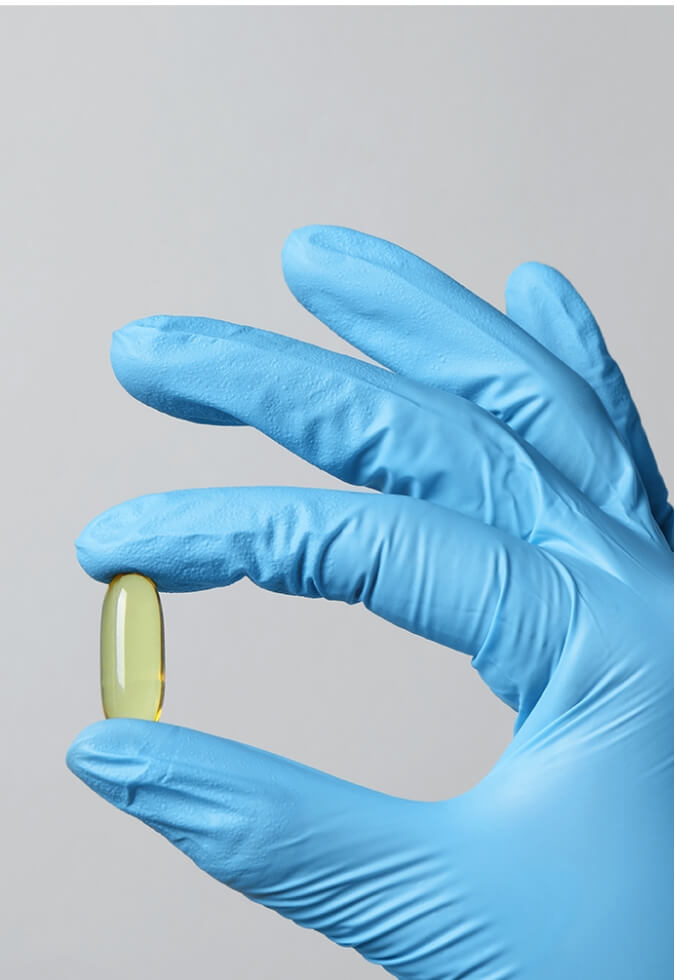
One of the objectives of the Tecnimede Group is the dissemination of scientific knowledge obtained during the course of R&D programmes and projects by periodically patenting and publishing the results obtained.
To date, the Tecnimede Group has over 750 patents (patents granted and patent applications) relating to new chemical entities, alternative synthesis processes, new salts, pharmaceutical compositions, and new therapeutic indications.
